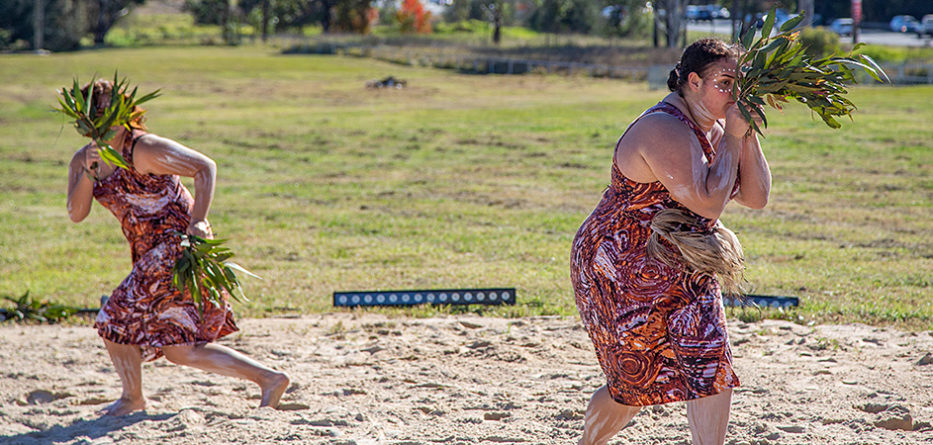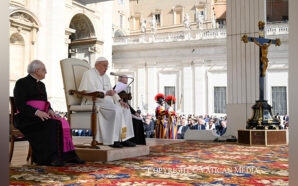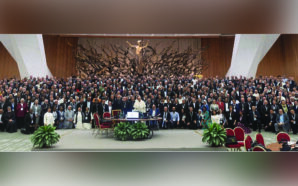26 May is National Sorry Day
27 May to 3 June is National Reconciliation Week
In Indigenous affairs this year, all roads lead to the Referendum on the Voice to Parliament. That is the lens through which we celebrate Sorry Day and National Reconciliation Week. These celebrations, too, tell stories that help us to recognise the long path which has led to the Referendum. They speak of the small but significant stages already walked and how far remains to be travelled.
National Reconciliation Week recalls the Referendum held on May 27, 1967. It held that decided Indigenous Australians must be recognised as part of the population and that the Commonwealth Government could make laws for them. The Week also recalls the 1992 Mabo High Court decision that recognised the existence of native title, the April 1997 Report ‘Bringing them Home’ that examined the forced separation of Indigenous Australian children from their families, and the 2008 Apology by the Prime Minister to Indigenous peoples for the removal of their children.
Each of these events recognised symbolically the wrongs suffered by Indigenous peoples in Australia and the need to address them. Over these sixty years, too, non-Indigenous Australians have come to see how violent was the process of European settlement in Australia, and how pervasively Indigenous Australians have been discriminated against and their culture scorned. The latter have also come to speak assertively about what remains to be done. The 2028 Closing the Gap agreement between Australian governments and Indigenous representatives recognised the gap in health, wealth, education, employment and in other matters between Indigenous and non-Indigenous Australians. They also set targets for change. These targets have for the most part not been met.
The coming Referendum invites us to acknowledge in the Constitution that Indigenous Australians have a special place in Australia as our First Peoples, and to ensure that they will be consulted in decisions that concern them. This is a logical and necessary step on the path of reconciliation. Reconciliation of any kind involves first recognising the existence of other people, recognising the history of our relationship with them, acknowledging injustices in our relationship, and moving together to set them right so that we can live and work together harmoniously.
If we look back over the last sixty or so years with their achievements, its controversies, its changes and its resistances to reconciliation, we can see many steps forward.
Non-Indigenous Australians notice the presence of Indigenous Australians in their local communities and in national life. Indigenous spokespersons are now emboldened to draw public attention to discriminations and racial abuse. They have a public voice as varied in its opinions as any other communal voice. In the institutions of public life, however, they lack the capacity to influence decisions taken about them. Governments make without consultation decisions that humiliate and impose restrictions on them in response to adverse and partisan publicity without consultation. An Indigenous voice to Parliament flowing through local consultation of local communities can help governments make informed and well-based longer-term policies for the good of all Australians.
In this context, the Voice to Parliament is a natural and necessary step towards practical reconciliation in which equal relationships are built, past wrongs are remedied and long-standing effects of European conquest are unwound. The working of the Voice may need to be refined and debate about its effectiveness will continue. That is true in all significant change. Failure to pass the Referendum, however, would lead to embitterment and alienation, and hinder the cooperation needed for reconciliation. For these reasons, Jesuit Social Services, which includes among our staff and people whom we serve many Indigenous Australians, has made statements strongly in favour of endorsing the Voice to Parliament.
Fr Andrew Hamilton SJ writes for Jesuit Communications and Jesuit Social Services.








